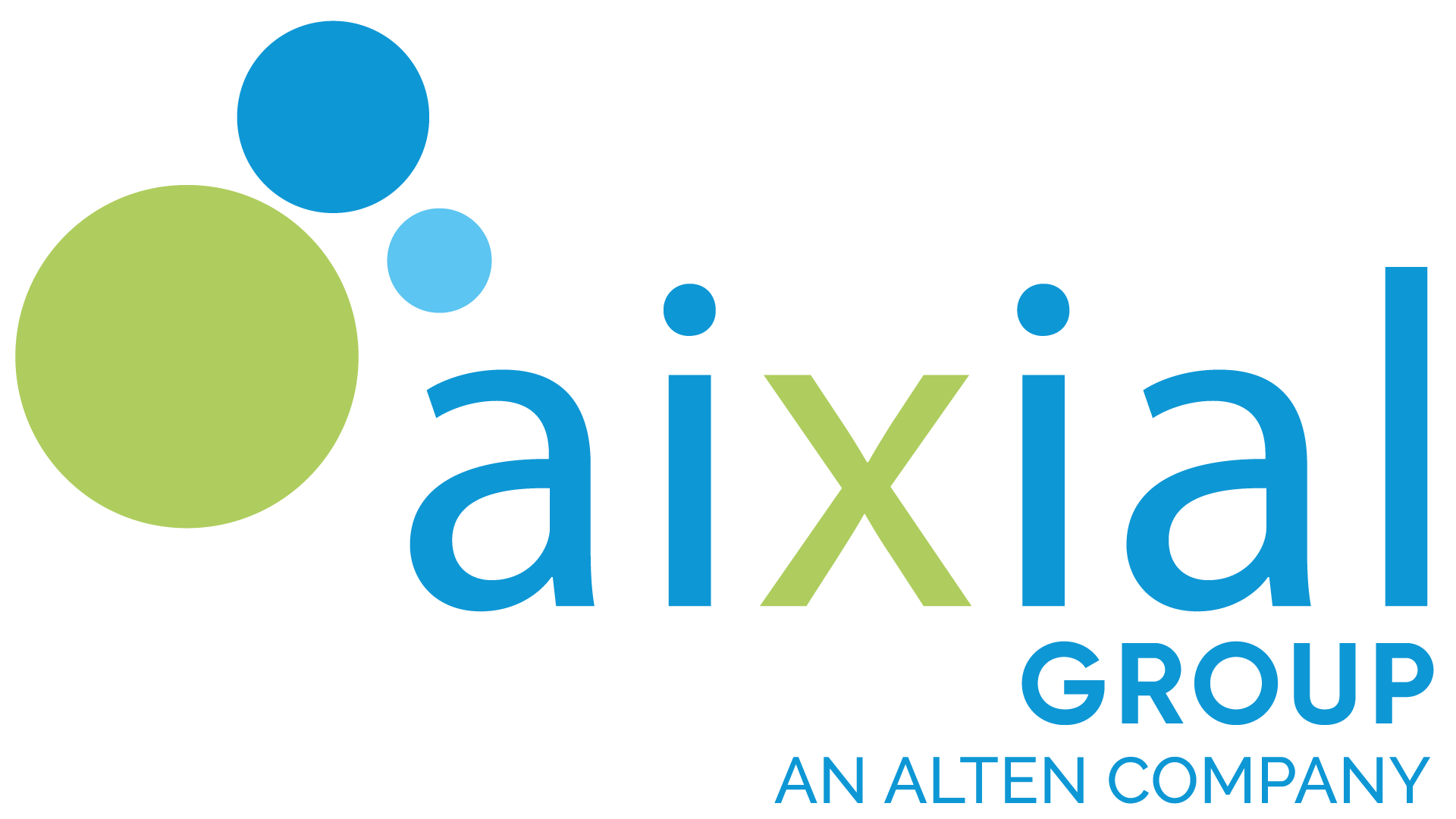Rare Diseases: Phase II Primary Biliary Cholangitis
Case study
Rare disease research can be challenging and often there are no precedents to rely on. This case study looks at the intelligent recommendations and actions implemented by Aixial Group for a Phase II trial for a promising new drug with a novel mechanism of action to treat the progressive Primary Biliary Cholangitis (PBC) disease.
We are the right partner to help navigate hidden challenges, maximize outcomes, and deliver on time and within budget because of their depth of experience and operational expertise.
Primary Biliary Cholangitis
PBC, previously called primary biliary cirrhosis, is a liver disease caused by auto-immune attack on bile duct cells leading to their gradual destruction and eventual disappearance. At this stage, the disease progresses due to chronic cholestasis, secondary inflammation and fibrosis, and may even lead to liver cirrhosis and liver failure.
The reported prevalence of PBC ranges from 20-400 cases per million of the population and is more common in women than men (9:1 ratio) and mostly diagnosed between the ages of 30 and 60 years.
Other complications of PBC include hepatocellular carcinoma, metabolic bone disease, and malabsorption. PBC is a progressive disease in most patients. It eventually becomes irreversible, and therefore untreatable.
Current therapeutic solutions
Current management of patients with PBC consists of facilitation of bile flow coupled with management of its symptoms and complications. This however does not address the underlying disease. The only widely accepted treatment is Ursodeoxycholic Acid (UDCA), which can delay disease progression and improve long-term survival.
Challenges for patients
The response to UDCA, the standard therapy for PBC, is unfortunately not uniformly effective and many patients still experience significant toxicities. Therefore, there is an ongoing unmet need for improved and more well-tolerated therapies to address additional components of the disease.
Our solutions
The team at Aixial Group drew on their expertise to contribute to the study design and selection of appropriate endpoints for a Phase II trial with a European Pharmaceutical company.
Aixial Group helped with the response to the FDA feedback regarding selection of appropriate endpoints. As is often the case with rare disease research, there was no precedent. This was a new potential drug with a novel mechanism of action.
The trial successfully enrolled over 110 adult patients with PBC undergoing standard therapy. After a difficult start with slow enrolment, Aixial Group suggested changes to inclusion criteria, added sites who were better enrollers and recommended that the sponsor visit targeted sites to ensure their protocol was highly visible, as the drug was very promising.
As recruitment picked up, operational teams were then able to focus on data capture and cleaning, leading to safety review assessments, as well as a key Interim analysis, final analysis (with top line results presented as soon as efficacy results were available), and clinical study report – all delivered on budget and within required timelines.
We have worked on over 160 clinical trials for rare diseases. Talk to us about how we can help with your next trial. Email us at info@aixial.com
Other insightful resources





